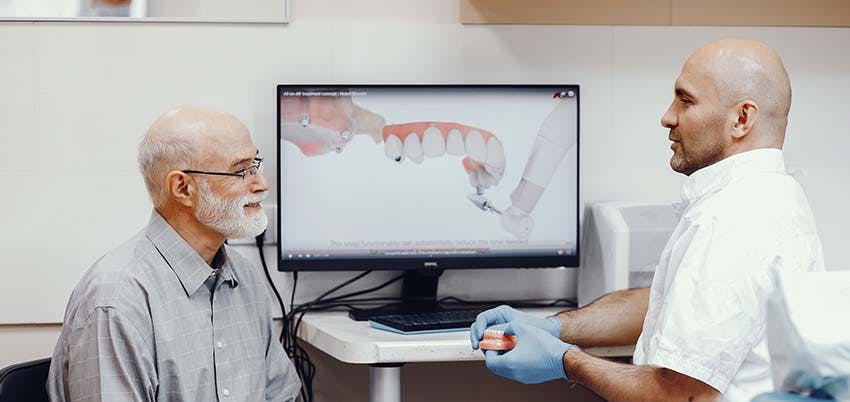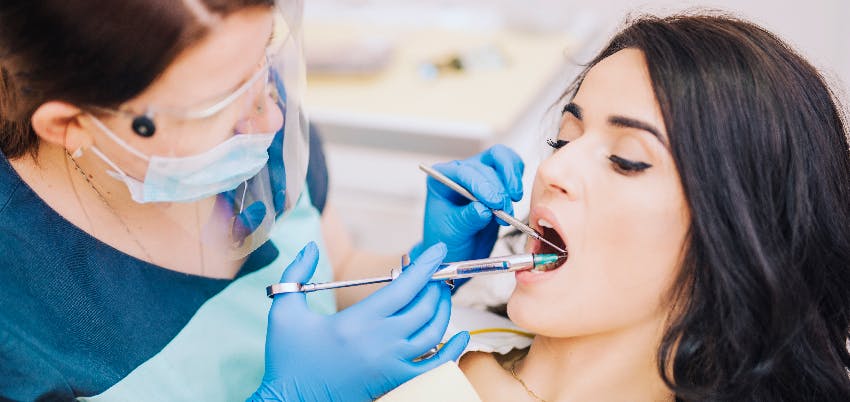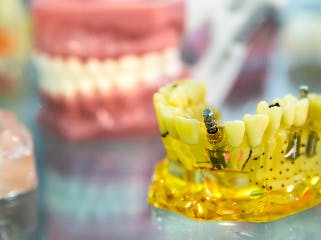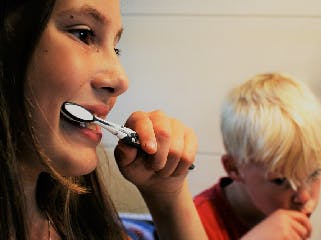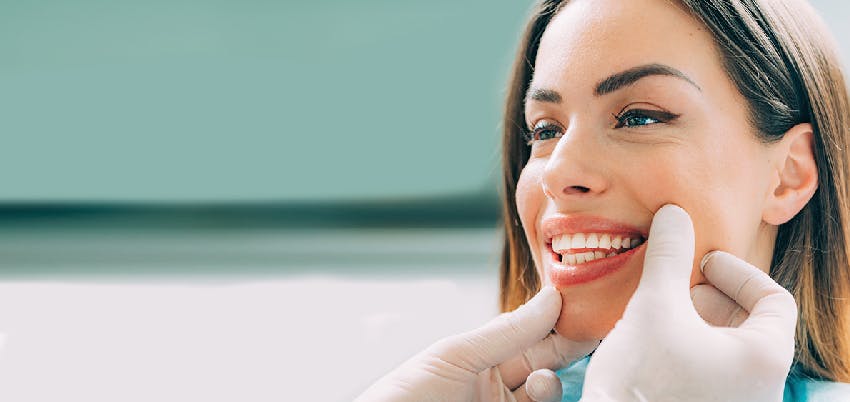
Teeth Whitening: myths
by Wildsmile
Teeth whitening is a process that is at the top of its existence. The new advances accompany it so that it becomes faster, more efficient and lasting, while less annoying for the patient.
Having white teeth has become one of the aesthetic priorities of many of us. This has led to the emergence of myths about it.
In the desire to practice the procedure at home and without the presence of chemicals, recommendations and homemade recipes have emerged that, given its propagation, have become myths.
The problem with these homemade preparations is that some of them have side effects that we should avoid.
1. Whitening toothpastes
His promise is to whiten teeth without having to go through a whitening treatment. Because they manage to whiten the tooth in few uses, we tend to believe that they are effective. However, these toothpastes do not bleach due to the effect of specifically bleaching agents, but rather by the action of the abrasives that compose it. In short, they remove surface stains because they damage the enamel, which makes the stain disappear along with part of the enamel. The long-term effect is devastating for teeth.
2. Hydrogen peroxide
Recommendations for using this agent in home teeth whitening have multiplied, but nobody warns us about its dangers. First of all, in order for hydrogen peroxide to have a really effective bleaching effect, it must be activated with LED light. Otherwise, its effectiveness is really poor. On the other hand, prolonged use of hydrogen peroxide has the power to dry the gums, which will result in dental hypersensitivity.
3. Whitening fruits
· Lemon: Lemon and baking soda are usually recommended as a bleaching agent. Although they fulfil the task, lemon is the classic case of worse remedy than disease. The acid in this citrus has a harmful effect on tooth enamel. We can notice it when passing the tongue through the faces of our teeth after drinking lemon juice. This roughness is proof that it has been abrasive with our teeth. If we get into the habit of using it, we will only severely damage the tooth enamel. On the other hand, sodium bicarbonate is also a highly abrasive agent. In addition to damaging the enamel, it causes recession of the gums and damage to the dental roots when used long term.
· Banana skin: not effective for this purpose. In addition, it contains salicylic acid, which wears tooth enamel.
· Laurel and orange peel: whiten teeth, that's undeniable, but also scratch the enamel, making it weaker and vulnerable to re-pigment.
· Strawberries: rubbing the surface of the teeth with strawberry pulp makes all your citric acid have the opportunity to damage the enamel of your teeth.
Home remedies that promise excellent results in exchange for an innocuous treatment, represent a high price that your teeth and gums will pay in the long term.
Want to learn more about this?
Contact us
Your contact request is registered. We will contact you as soon as possible.
Lorem ipsum dolor sit amet, consectetur adipisicing elit. Adipisci alias aliquid amet commodi dolor, dolore doloremque dolores fugit quod repellat.
 ENG
ENG
